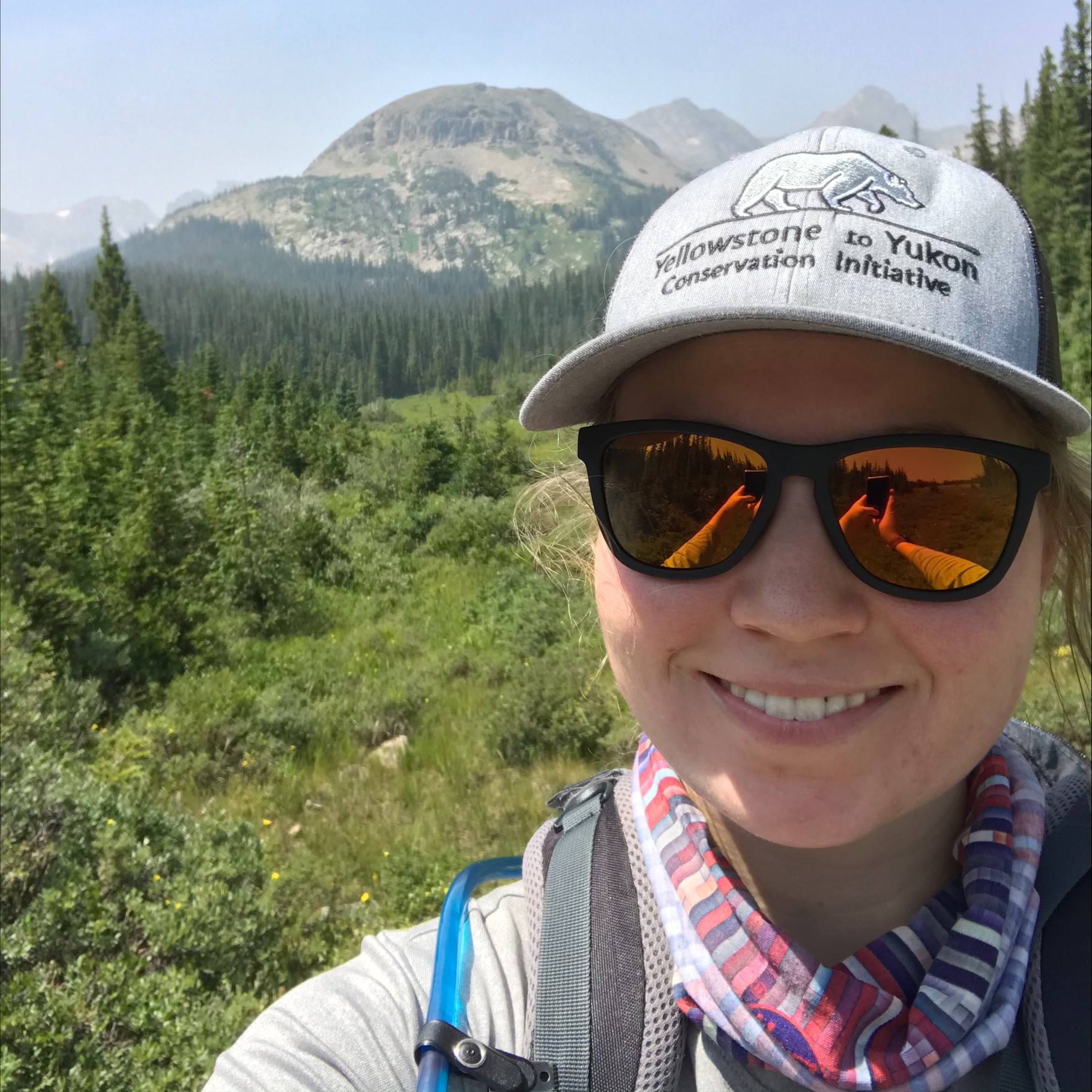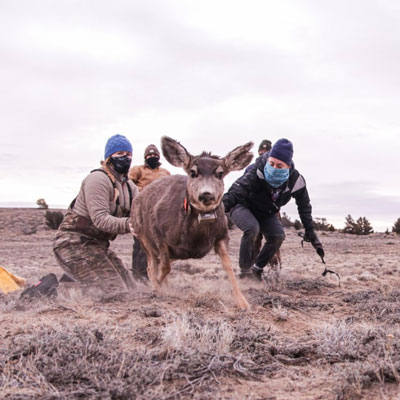No Slides Entered.
Megan Szojka - "Into thin air: the importance of human-induced climate change on biodiversity in habitats at risk"
Megan Szojka, UW Masters Student
2024 Recipient of Biodiversity Institute Graduate Student Excellence Grant
Department of Botany
Advisor: Lauren Shoemaker
Climate change is predicted to increase species range shifts by changing where optimal environmental conditions are on the landscape. When species move in response to climate change, they often interact with communities whose populations lag behind their optimum habitat, thus creating new biotic assemblages and interactions between species that would not typically come into contact with one another. To-date, most range expansion research takes a single-species focus. As such, it is unknown if the interacting effects of climatic and multispecies communities on species responses will promote or hinder range shifts. My research examines how the interplay of multiple global change drivers (warming, nitrogen addition, increased snow-melt) and novel species interactions alters range expansions of species from the sub-alpine into alpine ecosystems. The sub-alpine and alpine interface is an ideal system to experimentally test the regulators of range shifts, as distinct communities occur in close proximity due to steep elevational gradients. My main research question is, “how do environmental factors and biotic interactions with the alpine community alter range expansion under future climate scenarios?” My preliminary results suggest that biotic interactions offer a buffering effect from the negative effects of warming. The sub-alpine globeflower may be facilitated by species’ root systems or may shift their energy-allocation strategies in the presence of the alpine community, resulting in increased growth and survival. These explanations are thus far speculative, but with funding from the Biodiversity Institute I will return to the field to measure soil temperature and moisture to isolate the mechanism of this mutualism.
Share This Page


Research Highlights




